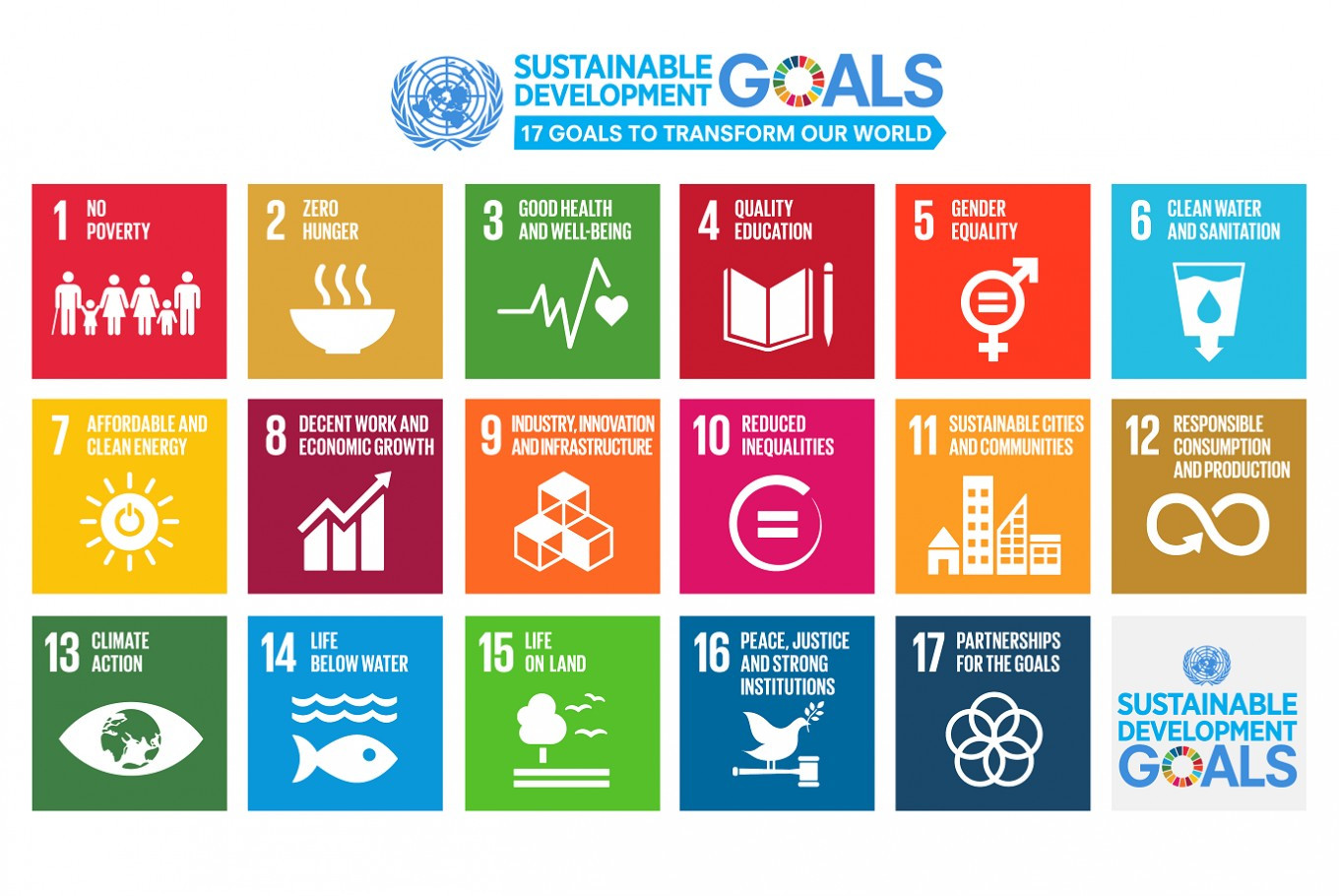Popular Reads
Top Results
Can't find what you're looking for?
View all search resultsPopular Reads
Top Results
Can't find what you're looking for?
View all search resultsNational data collaboration key to addressing SDG indicators data gap
BPS is the backbone of data provision for SDGs monitoring in Indonesia; it is the custodian for 39 percent of the national SDG indicators.
Change text size
Gift Premium Articles
to Anyone
A
recent report titled “Asia and the Pacific SDG Progress Report 2022” by the United Nations Economic and Social Commission for Asia and the Pacific (UN-ESCAP) states that the Asia-Pacific region will not achieve the Sustainable Development Goals (SDGs) by 2030 as planned. The achievement could even materialize 35 years after the deadline.
Unfortunately, the failure coexists with a wide data gap for the provision of many SDG indicators to evaluate and monitor the achievement effectively from time to time. It just makes the challenge even more difficult.
An accurate review of the progress and implementation of SDGs is crucial to ensure that no one is left behind. It must be underpinned by strong data availability to produce monitoring tools, which are all SDG indicators. Sadly, a wide data gap still exists hampering the effectiveness of SDGs monitoring and implementation in the region.
ESCAP also highlighted that 25 SDG indicators were not yet available in 2021 since there were no data. Moreover, another 83 indicators were available with insufficient data that met the methodological standard. The worst data availability was in goal 11 (sustainable cities and communities), where only 7 of 14 indicators could be computed.
Indonesia is one of the region's champions when it comes to data availability for SDG indicators. It was the fifth-best country with the most data available after the Philippines, Armenia, Thailand and Georgia. However, it is still facing a big challenge, the SDG indicators data gap. By the year 2021, there were still 61 indicators with no data in Indonesia, while another 28 indicators had insufficient data.
The data gap lays more burdens on the achievement of SDGs by 2030 in Indonesia. The UN report titled “The Sustainable Development Goals Report 2022” points out that Indonesia just achieved around 69 percent of SDGs consisting of 17 goals by 2022. The achievement is behind some ASEAN countries, such as Thailand (74 percent), Vietnam (73 percent), Singapore (72 percent) and Malaysia (70 percent).
The presence of a strong and effective national statistical system (NSS) under the leadership of the national statistical office (NSO), which is Statistics Indonesia (BPS), is key to addressing the data gap. It will ensure that the quality data needed are available timely at various levels as BPS has the capacity for that task. In this regard, a huge expectation for BPS emerged when the UN delegation led by Valerie Julliand as the resident coordinator made a courtesy call at the BPS office in November.
So far, BPS is the backbone of data provision for SDGs monitoring in Indonesia. It is the custodian for 39 percent of the national SDG indicators. It also consistently does some innovations to improve data availability for SDG indicators that are not yet available by, among others, modifying its existing surveys, initiating new data collections, developing small-area estimation and using big data for official statistics.
An excellent example by BPS is the initiation of a new survey called the Agricultural Integrated Survey (AGRIS) following the Food and Agriculture Organization recommendation. AGRIS collects data for the computation of the five farm-based SDG indicators that meet the international standard for global compilation, which are SDG 2.4.1, 2.3.1, 2.3.2, 5.a1 (a), and 5.a1 (b) indicators. Those indicators are not yet available and their availability would enhance Indonesia’s achievement of goals 2 and 5 through better monitoring and evaluation.
BPS also plays a pivotal role in the provision of SDG indicators by other government agencies. It is a statistical data steward based on Presidential Regulation No. 39/2019 concerning One Data Indonesia. In performing its role, it helps other government agencies by providing statistical recommendations in the data-collection process.
For instance, the provision of SDG 2.1.1 (a) (prevalence of undernourishment among children under 5 years of age) and 2.2.1 (prevalence of stunting among children under 5 years of age) indicators by the Health Ministry received BPS’s methodological guidance.
BPS also already completed the enumeration of the Socioeconomic Registry (Regsosek). Regsosek can provide data for the computation of at least 30 SDG indicators up to the smallest administrative level since it is designed to cover the whole population. Therefore, it could also be a game changer in addressing the SDG indicators data gap.
However, the data need to be managed properly and updated regularly by bringing all together related stakeholders in an integrated collaboration system.
The complexity of the data gap could not be addressed solely by BPS since not all data are collected by the institution. It needs a national collaboration among all data producers and providers led by BPS. Underpinned by the One Data Indonesia principles, the collaboration should cover critical areas, such as the use of big data, model development for small-area estimation and disaggregation, the use of administrative data and the integration of data collection resources and infrastructures.
Data collaboration is a difficult task amid weak coordination among data producers and providers, particularly when it comes to data governance. Unfortunately, BPS, which is expected to take the lead, does not have sufficient authority. For instance, the provision of SDG indicators for tourism using mobile-phone data is still constrained by data acquisition, although the data providers are state-owned enterprises (SOEs).
A strong national collaboration to address the SDG indicators’ data gap must be led by a strong NSO in the presence of an effective NSS. Therefore, it is time to speed up the deliberation and approval of the draft law on amendments to Law No. 16/1997 concerning statistics, which was passed as part of the 2023 National Legislation Program priority list by the House of Representatives on Dec. 15.
Therefore, BPS could have an extended authority to act as the coordinator of the national statistical-data provision, not only for SDG indicators but also for all national interests.
***
The writer is a data analyst at Statistics Indonesia (BPS). The views expressed are his own.










